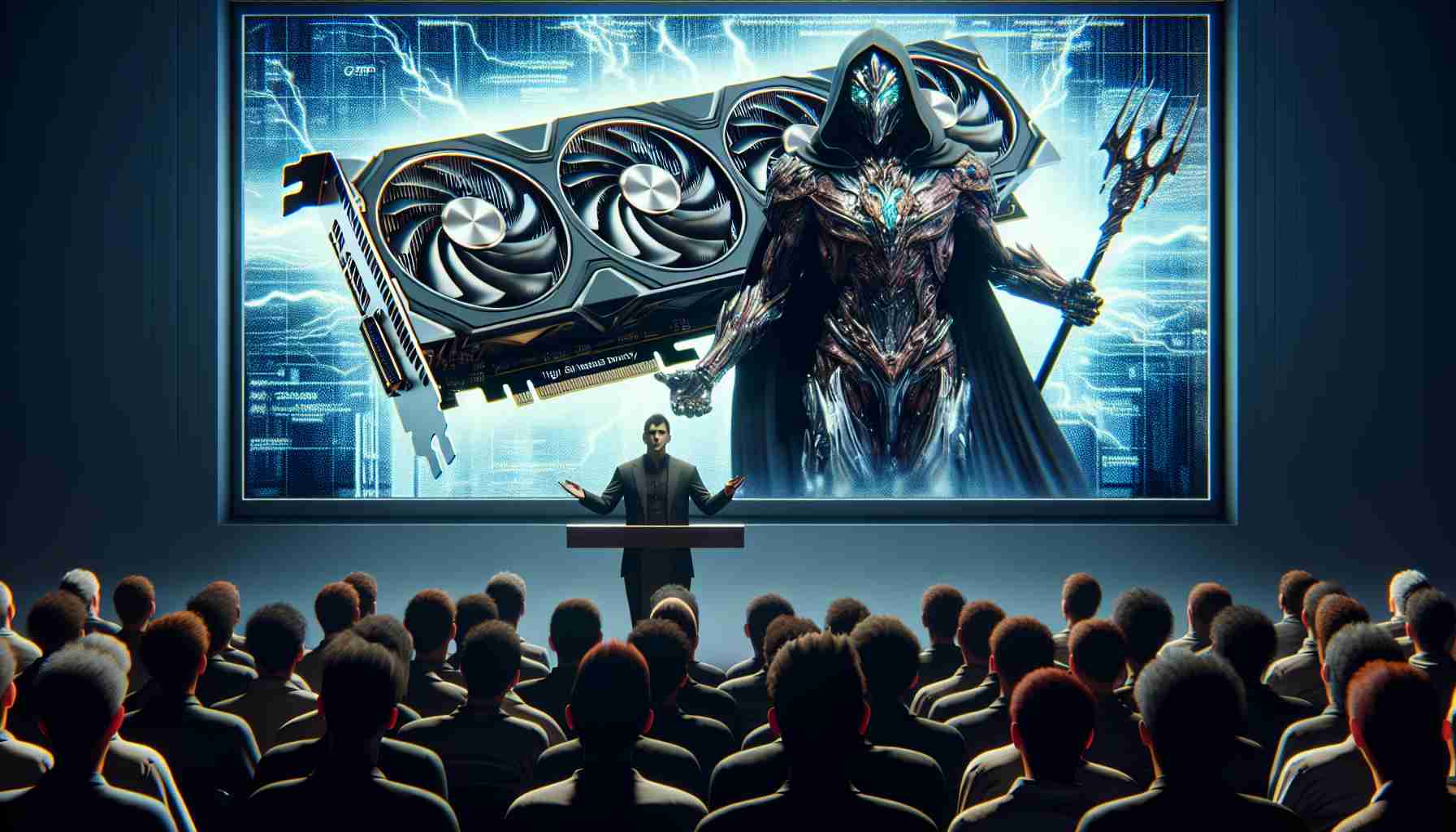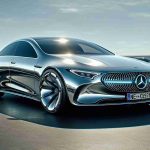Nebraska Attorney General takes a stance against major heavy-duty truck manufacturers in a recent antitrust case, alleging a concerted effort to phase out diesel-powered engines in favor of electric trucks. The lawsuit, directed at four prominent truck companies, aims to challenge what is perceived as a cooperative attempt to shift towards an all-electric future.
The lawsuit contends that the involved truck manufacturers, along with regulatory bodies like California’s Environmental Protection Agency, are pushing for an abrupt transition to electric vehicles, disregarding the practical challenges and financial burdens this may impose on logistics companies and consumers. Attorney General Mike Hilgers raised concerns about the potential inflation in costs and the adverse impact on the functioning of logistics companies if the forced transition to electric vehicles materializes.
The lawsuit references a collaborative agreement that was brokered between major truck manufacturers and the California Air Resources Board, known as the Clean Truck Partnership, which outlines the adoption of stringent emission standards to promote the sale and usage of zero-emission technology in the state. Despite the push towards a greener future, concerns are raised about the lack of democratic mandates and market-driven decisions in this transition.
Nebraska aims to challenge the Clean Truck Partnership agreement, signaling a legal battle that reflects the broader debate surrounding the viability and implications of transitioning to an all-electric heavy-duty truck landscape.
Key Facts and Questions Surrounding Nebraska’s Antitrust Lawsuit Against Truck Makers
Additional Facts:
In its antitrust lawsuit against heavy-duty truck makers, Nebraska’s Attorney General also highlights the potential impact on smaller, independent truck manufacturers who may face increased competition and financial strain due to the push for all-electric trucks by larger companies.
Attorney General Mike Hilgers emphasizes that the forced transition to electric trucks may lead to job losses in states like Nebraska, where the traditional diesel truck industry plays a significant role in the economy. The lawsuit raises concerns about the broader economic repercussions of a rapid shift away from diesel-powered trucks.
Key Questions:
1. How will the antitrust lawsuit affect the relationship between truck manufacturers and regulatory bodies?
The lawsuit challenges the collaborative efforts between truck makers and regulatory agencies promoting electric trucks. Understanding the implications on industry regulations and partnerships is crucial.
2. What are the potential outcomes for logistics companies and consumers?
With the lawsuit aiming to address cost inflation and logistical challenges, it prompts questions about how a transition to electric trucks could impact businesses and consumers relying on heavy-duty vehicles.
Key Challenges and Controversies:
– Economic Impact: The lawsuit underscores the economic uncertainties and job losses that could result from a rapid shift to electric trucks, especially for states with strong diesel truck manufacturing industries like Nebraska.
– Regulatory Influence: The debate sparked by the lawsuit raises concerns about the influence of regulatory bodies like the California Air Resources Board on industry decisions, highlighting potential conflicts between environmental goals and market forces.
Advantages and Disadvantages:
Advantages:
– Increased scrutiny on industry collaborations: The lawsuit sheds light on potential antitrust issues and ensures transparency in agreements between truck manufacturers and regulatory bodies.
– Protection for smaller manufacturers: By challenging the dominance of major truck makers in the electric truck market, the lawsuit may safeguard the interests of smaller, independent manufacturers.
Disadvantages:
– Market uncertainty: The legal battle could create uncertainties in the heavy-duty truck market, affecting investment decisions and innovation in the transition to cleaner technologies.
– Regulatory delays: Contesting agreements like the Clean Truck Partnership may delay necessary environmental advancements in the trucking industry, impacting long-term sustainability goals.
Related Links:
– Nebraska State Government
– Environmental Protection Agency












